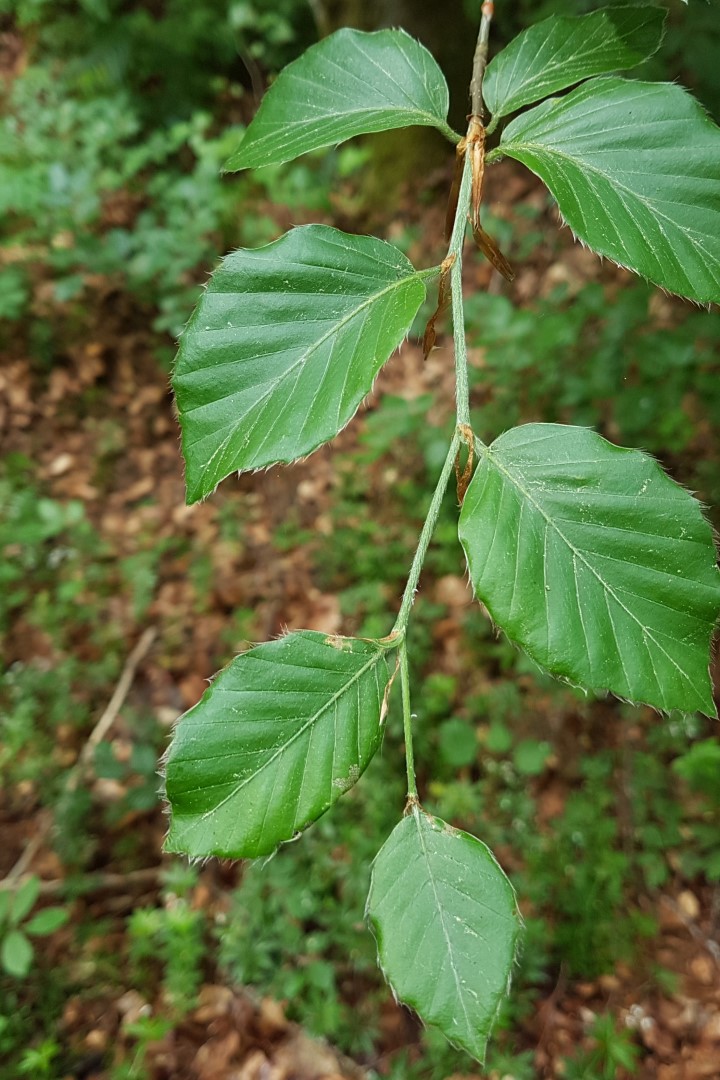European beech (Fagus sylvatica L.) is the most important deciduous tree species in our forests and has increased its presence in German forests significantly in recent decades. Just a few years ago, it was considered a competitive, largely adapted tree species that would cope well with the challenges of climate change due to a high adaptive potential as well as its ecological valence. Against this background, it was the only tree species twice to be chosen as Tree of the Year in Germany. However, the extremely dry and warm years since 2018 have severely damaged beech forests all over central Europe and have brought the species to its ecological limits in some areas. For this reason, the future of beech under climate change conditions has been the subject of intense debate in recent months.
In order to present and discuss the current state of knowledge of climate change on European beech, as well as identify knowledge gaps and future research needs, several Forest Research Institutes have initiated a joint scientific conference on the beech. This will take place on May 10/11, 2023 in the city of Würzburg.
Information on the conference and registration options can be found at https://eveeno.com/114813457


![[Translate to English:] Logo des Bundesministerium für Ernährung und Landwirtschaft](/media/allgemein/logos/BMEL_Logo.svg)